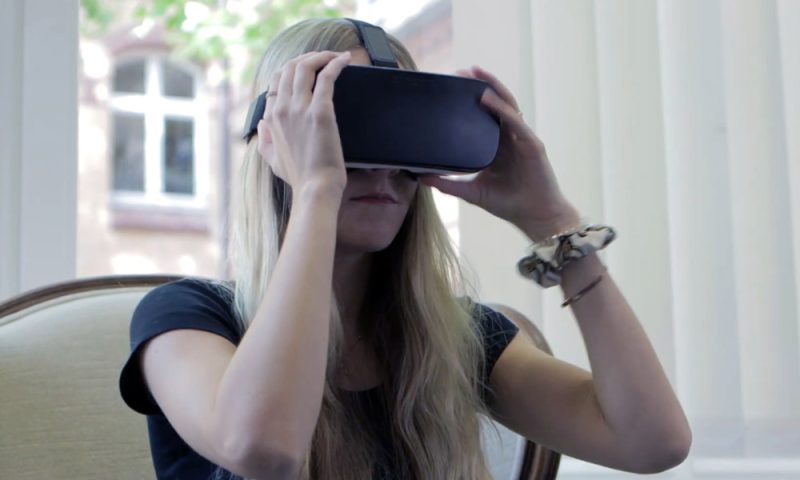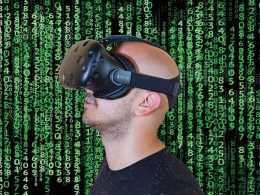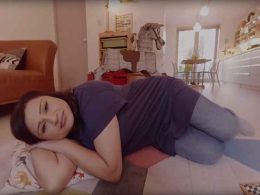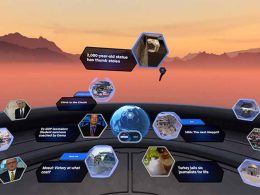The pandemic has put an end to the traditional university routine in many countries. The German UE university therefore wants to experiment with new teaching concepts, including virtual reality.
The University of Europe for Applied Sciences is a private university with campuses in Berlin, Potsdam, Hamburg and Iserlohn. It educates students in subject areas such as business and psychology, sport and events as well as art and design.
The pandemic has presented the university with new challenges. "Although more and more students are taking a liking to virtual teaching, they are increasingly missing personal interaction, small talk and chance encounters. These are extremely important dimensions of everyday student life," says Lauritz Lipp, Professor of Communication Design and Interactive Systems at UE University. And these are actually the same problems that employees have.
The university is trialling virtual reality formats in the summer semester of 2021 to bring everyday life on campus back at least to some extent.
However, there were also major obstacles here, as not everyone has VR glasses at home. The Berlin and Hamburg campuses each have a VR lab with the appropriate technology, which is available to students under normal circumstances. However, due to the pandemic, the VR labs can only be used to a limited extent.
The university has therefore switched to a 2D format with the provider Virbela. Instead of VR, students use a monitor, mouse and keyboard to move around the virtual campus and attend lectures.
So the will is there, but the realisation is still difficult because the masses have to buy VR glasses first. What's more, although VR systems create more digital proximity, they can only partially replicate or replace social interactions: Eye movements, facial expressions and gestures, for example, are not captured by commercially available VR glasses and transferred to virtual reality. All in all, the added value of VR glasses compared to Zoom and Co. or a 2D simulation from a social perspective is therefore likely to be rather low at present - especially when measured against the implementation effort. On the other hand, VR offers new opportunities for 3D knowledge transfer.
Source: Mixed









